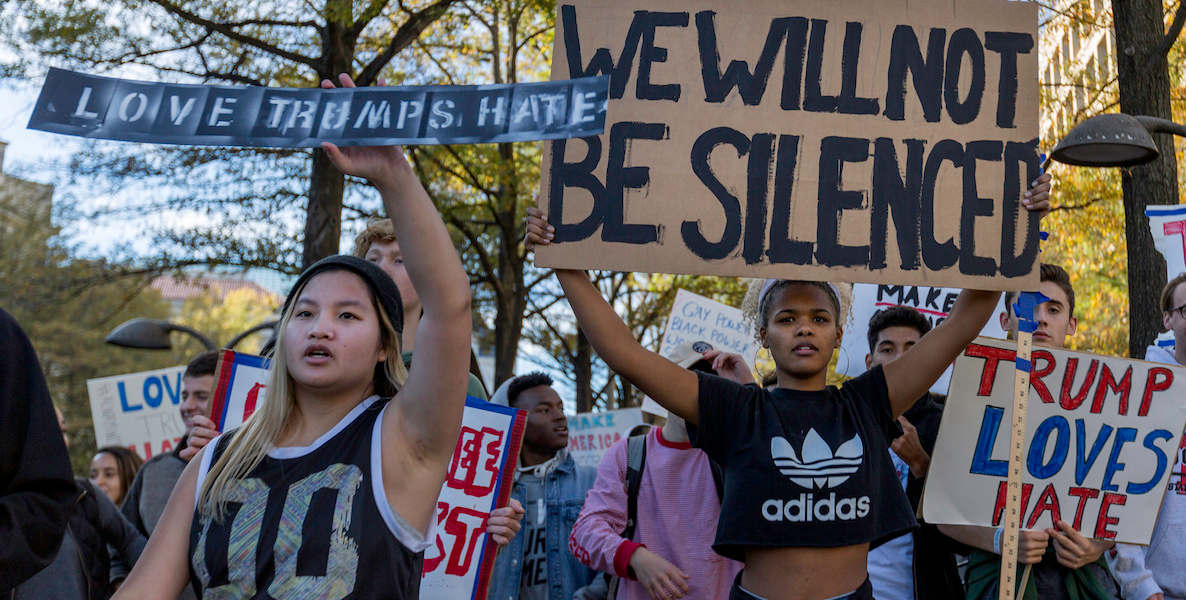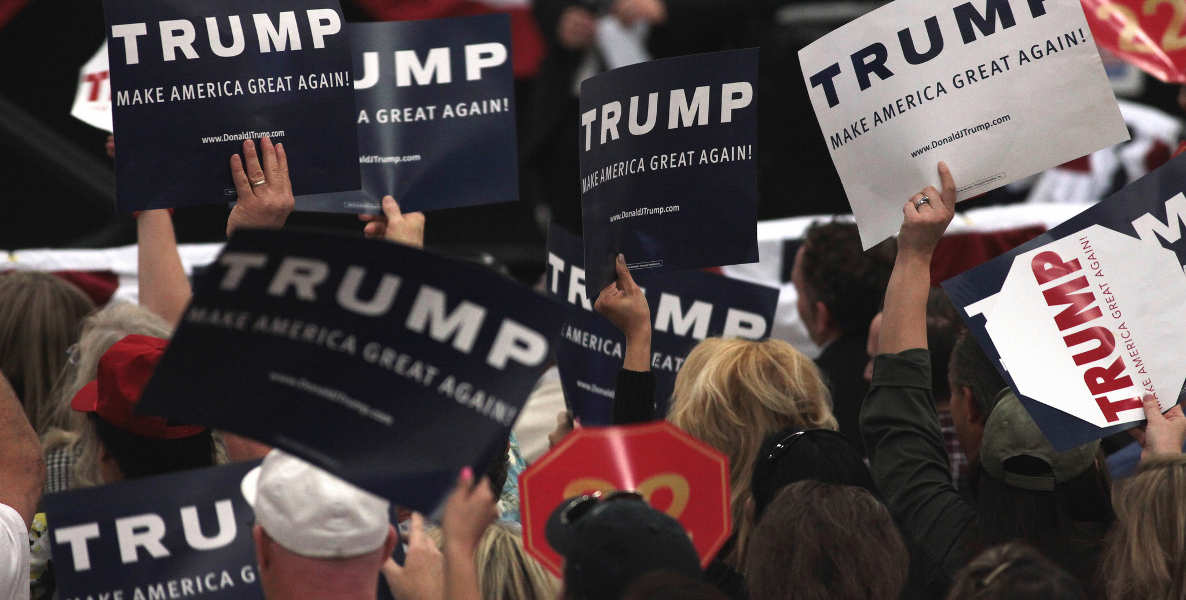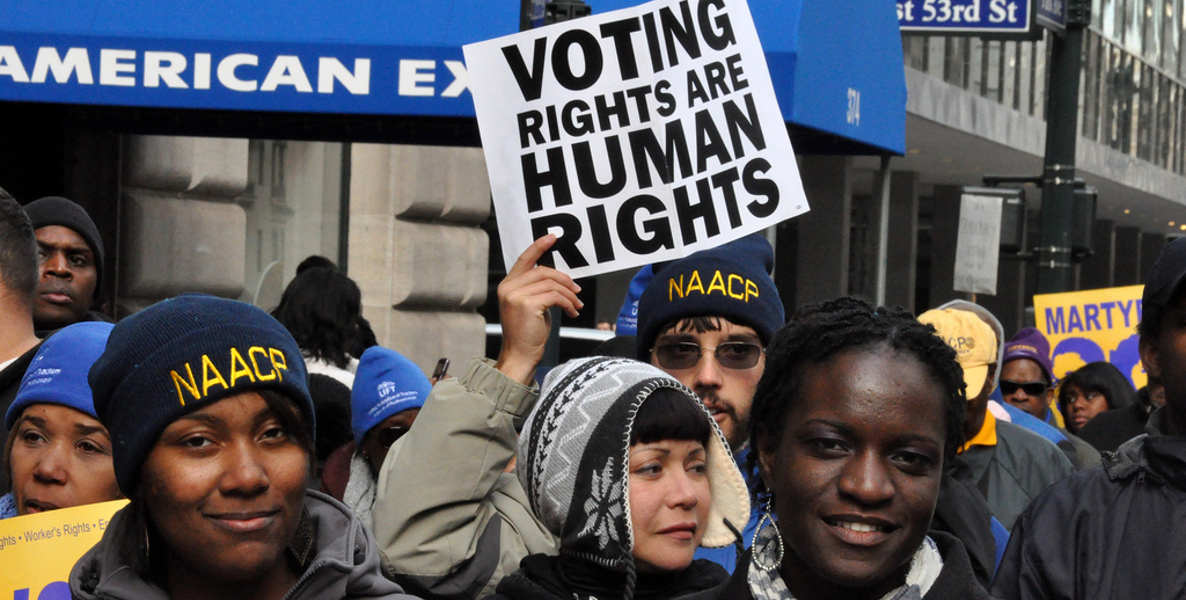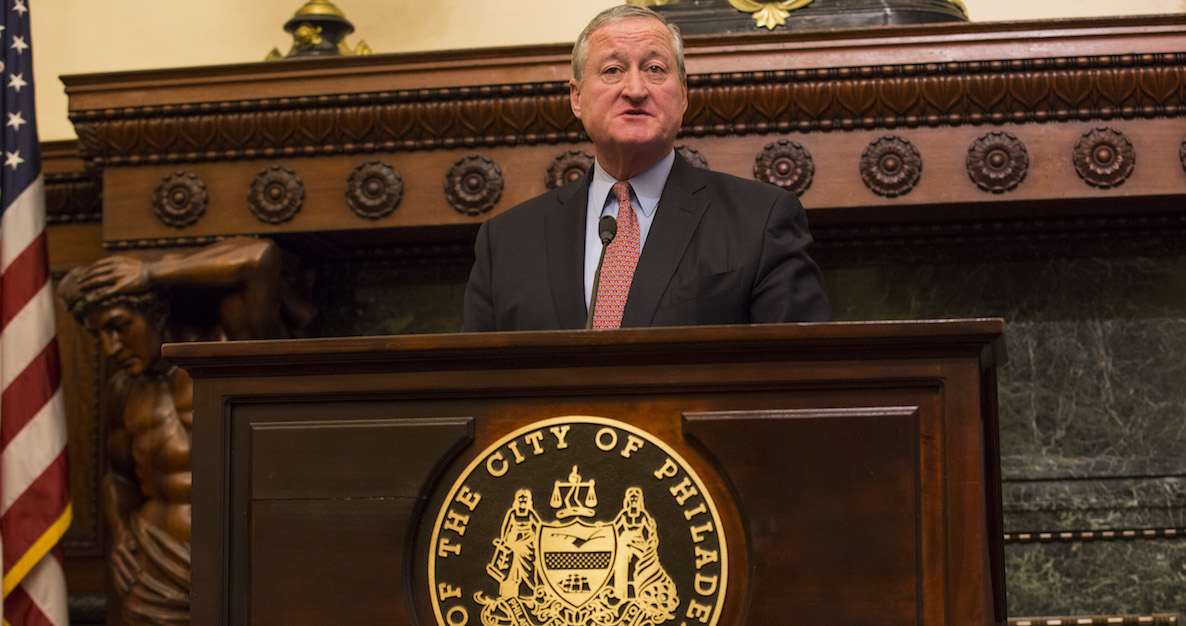In 2011 there were several violent flash mobs in Philadelphia: young people in large groups attacked random pedestrians. In reaction, Mayor Nutter took to the stage from City Hall to the church pulpit. He spoke directly to those that participated in the mob violence and to their parents. His words were tough and firm. And he hammered away over a period of time.
There were two recent violent flash mobs in Philadelphia: one on Broad Street at Temple University and the most recent one at 16th and Walnut in Center City. In reaction to the first incident at Temple, Mayor Kenney was silent. After the second incident last weekend, I wondered if the silence would continue.
On Monday, the Mayor’s Office of Communication alerted the press that he would address the recent spate of violence. That night, at the wrap-up ceremony to the Philadelphia International Unity Cup soccer tournament, Kenney delivered a statement that condemned the flash mobs along with a series of racist post-election activities, including social media slurs and graffiti.
![]() “I know right now that many Philadelphians are feeling anxious, angry, afraid, even hopeless. Others feel emboldened by hateful rhetoric to act out in destructive ways,” the Mayor said. “But if we allow any of these feelings to guide our actions, then we are no better than what we claim to oppose…Calling someone by any type of slur, defacing a building, or participating in a flash mob does nothing to help preserve the values of diversity and inclusion that make Philadelphia strong.”
“I know right now that many Philadelphians are feeling anxious, angry, afraid, even hopeless. Others feel emboldened by hateful rhetoric to act out in destructive ways,” the Mayor said. “But if we allow any of these feelings to guide our actions, then we are no better than what we claim to oppose…Calling someone by any type of slur, defacing a building, or participating in a flash mob does nothing to help preserve the values of diversity and inclusion that make Philadelphia strong.”
While I am glad he made those comments, I found them confusing. By combining the flash mobs and post-election hate crimes into a singular narrative, he did not address either with enough specificity or clarity. And by connecting flash mob incidents to political enmity, organized but random acts of violence took on a meaning they likely do not have.
Addressing the two issues—flash mobs and hate crimes—demands a different venue than a one-off statement to a small gathering and a press release. This is when you go to the airwaves, community centers, union halls, business community, and faith communities and speak very directly to citizens of the city.
The opportunity to do so is still there but it must be taken.
Philadelphia has emerged over the past few decades with a profoundly stronger sense of public life. You see it everywhere: on commercial boulevards, at neighborhood festivals, at newly renovated plazas, and on walking trails. Thousands of new millennial and empty nester residents have contributed to a sense that the city is on the rise. We have more urban dwellers, café diners, park enthusiasts, and convention goers. The city has become animated in unexpected ways and until recently its crime rates have fallen.
It is good that the Mayor has been so careful to speak to historically excluded groups from undocumented immigrants to the LGBTQ community. But he has to remember that students on Broad Street or those attending the theatre on Walnut Street are also his constituents.
But unchecked disorder is deadly for a city, especially for a city like Philadelphia whose growth is so fragile. Just talk to people in Chicago and Baltimore where crime rates have spiked dramatically. But the issue is not only crime in the conventional sense but our shared sense of public order.
There is a body of research that extends back to the early 1980’s that examines the effect of what some call soft crimes on neighborhood decline. The broken windows work by Wilson and Kelling in 1982 was the most prominent example of putting forward the hypothesis that you can reverse decline by intervening at the micro-civic level.
My favorite work in this regard is Wesley Skogan’s 1990 book, Disorder and Decline. A Northwestern University political scientist, Skogan studied the impact of civic disorder on neighborhood change. He uses Chicago as his laboratory and he emphasizes the role of perceptions in driving decisions.
Many years ago when I taught urban studies seminars at the University of Pennsylvania, I would sometimes send students to different parts of the city to read the environment. I wanted them to ask questions about self-organization and civic values. What did it mean when you could have a planter outside a house without anyone stealing it or writing graffiti on it? When some streets in North Philadelphia or Kensington ban together and purchase the same light fixtures outside the house, what does that say about their level of social organization? Why did some streets have a hard time getting abandoned cars towed away?
Places that permit civic disorder—trash that does not get picked up, vacant lots that gather illegal dumping, graffiti that doesn’t get removed, public displays of violence and hostility—can reinforce a downward spiral. Places that quickly intervene by making clear the boundaries of acceptable behavior are more likely to thrive.
By combining the flash mobs and post-election hate crimes into a singular narrative, the Mayor did not address either with enough specificity or clarity. And by connecting flash mob incidents to political enmity, organized but random acts of violence took on a meaning they likely do not have.
And that is why I worry about the relative silence around the violent flash mobs and the tendency in Philadelphia over the past several years to relax quality of life standards. There is a reason why the Center City District in Philadelphia began its work in the early 1990s with the simple mantra of clean and safe. It was a signal to residents and businesses, visitors and workers, that they should elevate their expectations.
Mayor Kenney is one of a number of recently elected mayors who ran on social justice platforms: a focus on reducing poverty, making certain that marginalized groups are part of the political process, and identifying redistributionist policies. He is a great spokesman for those issues.
Kenney achieved a win in the early days of his administration: A soda tax whose revenue is focused on early childhood centers and a bond deal for recreation centers and parks. These are potential game changers for neighborhood revitalization and, if managed well, will benefit the city and region as a whole.
But reducing poverty and upholding civic values around the quality of public life should not be viewed as either/or propositions. In fact, I would argue that it is not possible to achieve one without the other.
There are three big issues that confront the city: reducing poverty, attaining fiscal sustainability, and enlarging our economic relevance in a global marketplace. All three must be addressed. But none can be achieved in the absence of demographic and income growth, which in turn rely on high quality amenities and public security.
![]() It is good that the Mayor has been so careful to speak up for historically excluded groups from immigrants to the LGBTQ community. But he has to remember that students on Broad Street or those attending the theatre on Walnut Street are also his constituents.
It is good that the Mayor has been so careful to speak up for historically excluded groups from immigrants to the LGBTQ community. But he has to remember that students on Broad Street or those attending the theatre on Walnut Street are also his constituents.
He ignores them not at his peril, but at ours.
photo via Flickr





